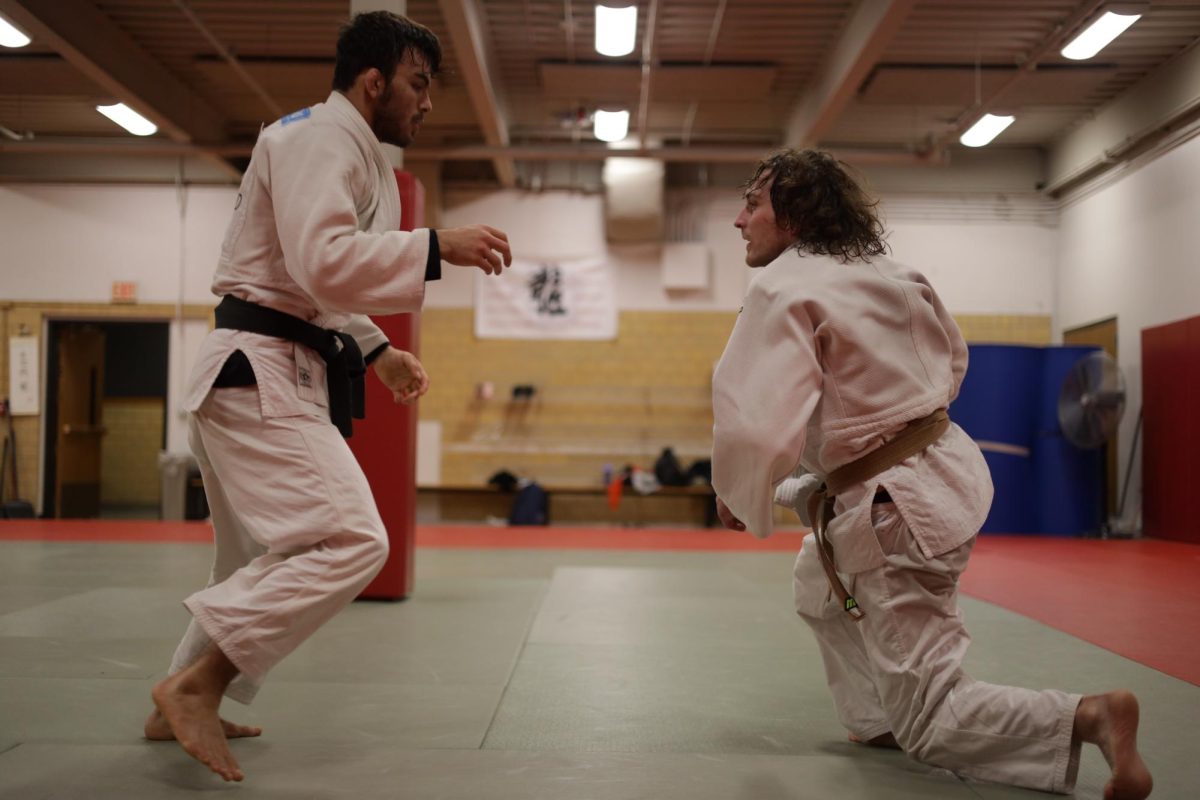Students would feel impact of war in Iraq
September 2, 2002
Experts on Iowa State’s campus said the Bush administration could be creating a lose-lose situation in its handling of the weapons situation in Iraq.
Joel Moses, professor of political science, said the words of Vice President Dick Cheney have cornered the United States.
“If we don’t attack now, we’ll look like idiots,” he said. But, the policy is “inept and stupid,” and is making other countries think twice about their association with the United States.
“The whole world is very dubious,” Moses said. “We’ve created an anti-Bush coalition. All the countries of the world were coming on board a year ago and we’ve wasted all the capital and support.”
Italy, Spain and the United Kingdom said they will support President Bush if he decides to take military action. Germany and Russia oppose bombing Iraq, while France would like proof that nuclear weapons are present in Iraq. France also wants the United Nations inspectors back in Iraq.
“Our government has decided to engineer a war and nobody else in the world is in favor of this war,” said Joanna Courteau, university professor of foreign languages and literatures and adviser for Amnesty International. “For it not to happen, we must become engaged in influencing the government.”
Last week, Cheney said Iraqi leader Saddam Hussein is a threat to the United States, and the United States should not wait in taking action against Iraq because the Middle-Eastern country is developing nuclear weapons and has not destroyed other chemical and biological weapons.
“For a long time, we’ve been trying to dehumanize Saddam,” Courteau said. “I think that the U.S. government is concerned about getting the focus abroad – so we’re not focusing on domestic problems.”
She said those current domestic problems include benefits for senior citizens, student financial aid and the stock market.
“Americans always rally behind the government when they think we’re going to war,” Courteau said. “I think if we in fact go to war in Iraq, there is no way to explain it to students.”
A war will impact students, because their grants and scholarships will be reduced and families will suffer, she said.
“I think [students] will take to the streets and protest,” Courteau said. “We are directly affected because of a lack of resources.”
Jeff Hall, library assistant and adviser for student group Time For Peace, said the situation in Iraq is being played out on two fronts: public opinion and foreign governments.
“They are trying to come up with a more broad-based solution,” he said. “A lot of the concern is what will happen to the economy if the Middle East blows up.”
Cheney said Hussein might try to dominate the Middle East because Iraq holds 10 percent of the world’s oil reserves.
“It’s our energy policy that is at the root of this,” Hall said.
He said the United States needs to develop and implement energy alternatives, making the country less dependent on foreign oil.
Courteau said while Iraq has a repressed government, the United States engineered an oil embargo against the country which is also hurting their people. The sanctions and blockades prevented Iraq from selling oil and trading with other countries.
Moses said the argument that congressional approval is not necessary a legal one, not a constitutional one, that has roots in decisions made in 1991 after Iraq invaded Kuwait.
Last week, White House lawyers said President Bush did not need to consult Congress before striking Iraq.
– CNN contributed to this story.






